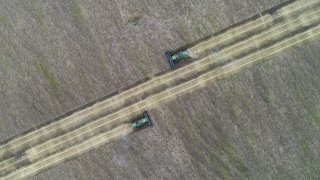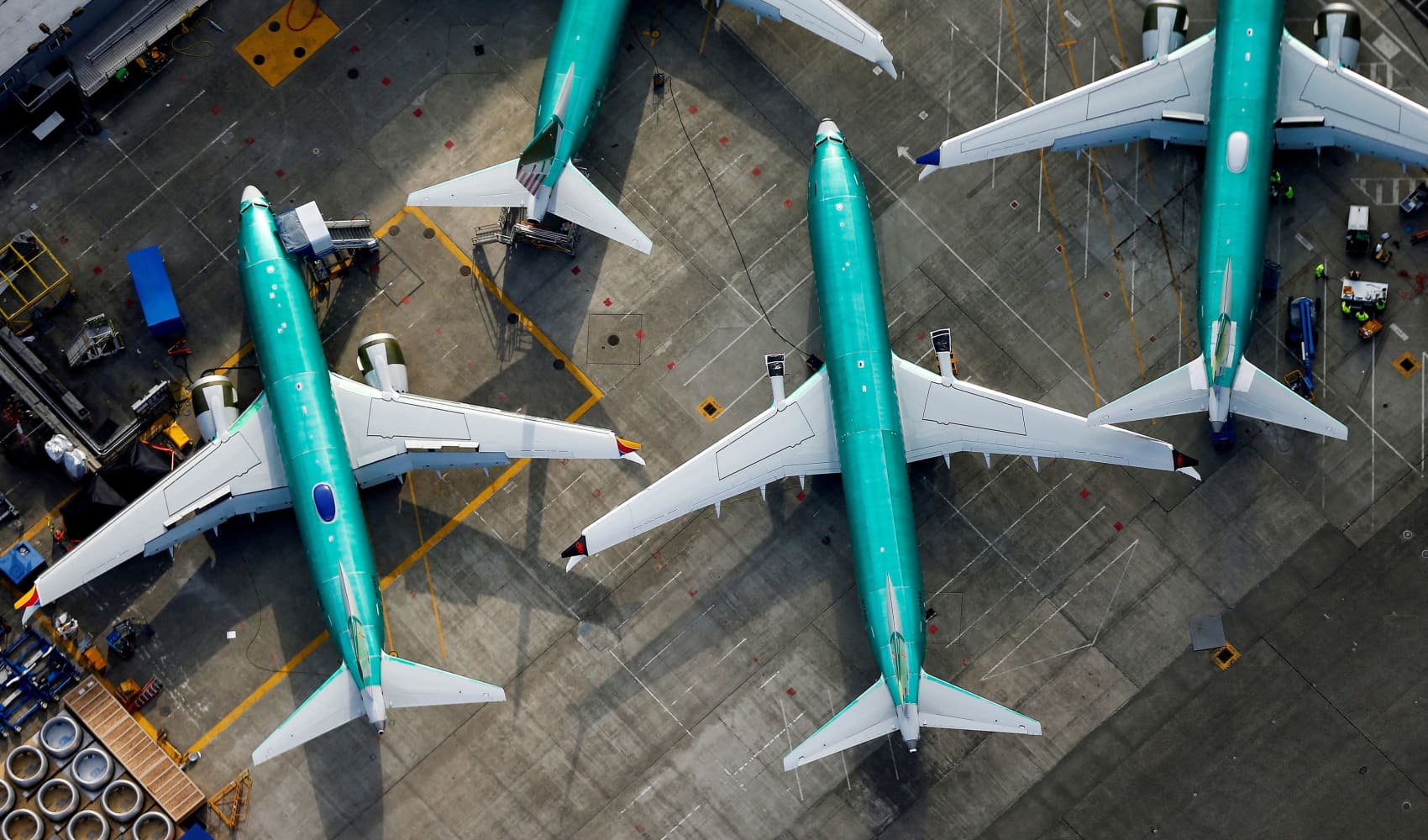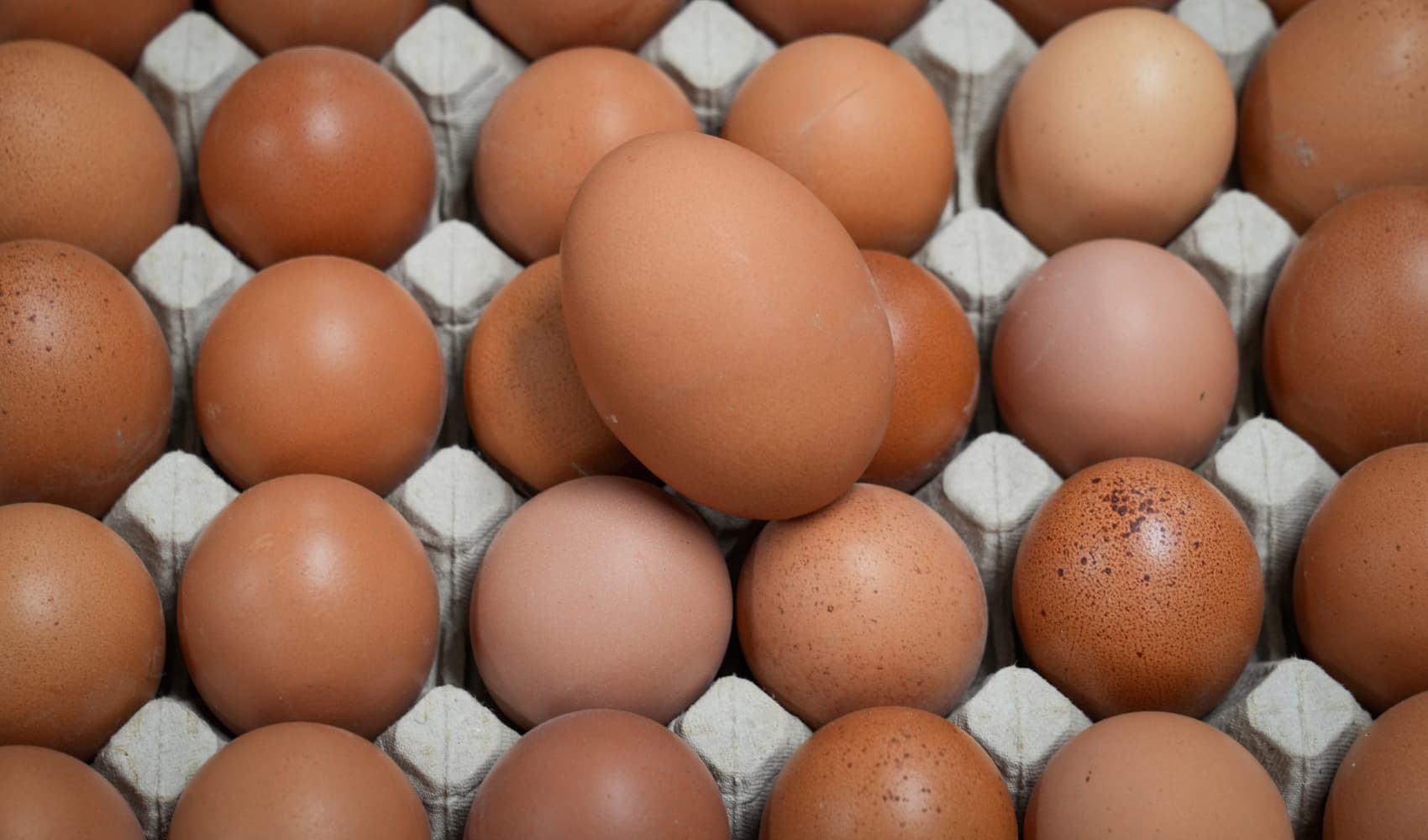
- Russia's war in Ukraine is already taking a dramatic toll on the world economy, causing disruptions to global food, energy and financial markets, the United Nations said.
- The "perfect storm," which comes amid already-brewing crises related to the Covid pandemic and climate change, "threatens to negatively affect the lives of billions of people around the world," the UN said.
- U.S. Treasury Secretary Janet Yellen said earlier that her department will be turning its attention to the risk of an increase in global starvation rates.
Russia's war in Ukraine is already taking a dramatic toll on the world economy and placing a huge swath of the world's population, especially those in developing nations, at an increased risk of harm, the United Nations warned Wednesday.
The crisis has caused a "perfect storm" of disruptions to global food, energy and financial markets that "threatens to negatively affect the lives of billions of people around the world," the UN said in a new report.
Those systems were already under immense strain due to the ongoing coronavirus pandemic, as well as climate change and other historic challenges, the report said.
Get Southern California news, weather forecasts and entertainment stories to your inbox. Sign up for NBC LA newsletters.
But they have been greatly exacerbated by Russia's invasion of Ukraine due to the region's importance as a major commodities exporter, and the impact of unprecedented sanctions on Moscow that have thrown global markets off balance.
For instance, Russia and Ukraine produce about 30% of the Earth's wheat and barley and provide the majority of the wheat bought by 36 countries — a list that includes some of the poorest nations on Earth, the report said.
Russia was also the world's top exporter of natural gas and its second-largest oil exporter before it invaded Ukraine. Russia and Belarus also export roughly one-fifth of the world's fertilizers.
Money Report
As a result of the war, food prices are at the highest levels ever recorded by the United Nations Food and Agriculture Organization, up 34% from this time last year, according to the report.
Crude oil prices, meanwhile, rose 60% year-over-year, and fertilizer prices have more than doubled.
"The impact of the war is global and systemic," U.N. Secretary-General Antonio Guterres said at a briefing on the report.
As many as 1.7 billion people are "highly exposed" to the cascading effects of Russia's war on global food, energy and finance systems, Guterres said. The U.N. report notes that "of these 1.7 billion people, 553 million are already poor, and 215 million are already undernourished."
The multilayered crisis has put the world "on the brink of a global debt crisis," the report said. It cited recent U.N. research estimating that the war will lower the world economy by one full percentage point of GDP growth.
"Inflation is rising, purchasing power is eroding, gross prospects are shrinking and development is being stalled and in some cases gains are receding. Many developing economies are drowning in debt with bond deals already on the rise since last September, leading now to increased premiums and exchange-rate pressures," Guterres said.
"And this is setting in motion a potential vicious circle of inflation and stagnation, the so-called stagflation," he added.
U.S. Treasury Secretary Janet Yellen expressed many of the same concerns earlier Wednesday morning, when she said that her department will be turning its attention to the risk of an increase in global starvation rates.
"The fact that energy supplies are being reduced and energy prices have risen, that Ukraine and Russia provide more than 20% of global food exports, we're seeing skyrocketing wheat, corn prices," Yellen said during a conference with the Atlantic Council, a Washington-based think tank focused on international affairs.
Yellen blamed the combination of the pandemic, disrupted supply chains, fierce demand for commodities and Russia's invasion of Ukraine for the ongoing increase to food prices.
One of the main culprits behind the spike in food prices is a global shortage of fertilizer. Russia and Belarus provide about 40% of the world's exports of potash, a potassium-rich salt critical to much of the globe's fertilizer and agricultural production.
But potash is currently being targeted by the U.S. and its allies with economic sanctions as the Biden administration looks to isolate Moscow from global markets.
Russia also exported 11% of the world's urea, and 48% of the ammonium nitrate, two other key fertilizer components, according to estimates from Morgan Stanley.
"Particularly in Europe, which is most vulnerable, I worry about recession prospects," Yellen added. "This will be an urgent concern for us next week to try to think about how we can stave off starvation around the world. It's really a grave concern."
Yellen plans to discuss the worsening food security crisis next week when she meets with representatives of the G-7, G-20, World Bank and the International Monetary Fund.






